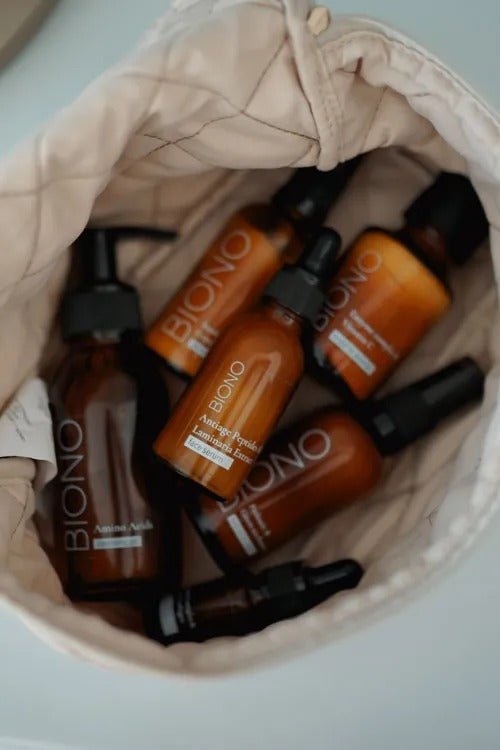
Breaking the myths: how to choose and use cosmetics for sensitive skin
Natural Remedies for Sensitive Skin: How to Maintain Your Skin's Natural Balance
Sensitive skin needs a special approach to care, and the use of natural products can be the key to maintaining its health and beauty. Products based on natural ingredients such as rosehip oil, aloe vera, tea tree and honey can provide your skin with gentle and effective care. They not only soothe and moisturize the skin, but also help to avoid irritation and allergic reactions that often occur when using cosmetic products with chemical additives.
Natural remedies have a number of advantages for sensitive skin. They do not contain harmful chemicals such as parabens, sulfates and artificial fragrances that can irritate the skin and cause allergic reactions. Instead, they contain natural ingredients that are gentle on the skin, helping it retain moisture, soothe irritations, and improve its overall condition.
Myths about cosmetics for sensitive skin:
A look at common myths and misconceptions about caring for sensitive skin and how to avoid them.
- Myth: "Anything designed for sensitive skin is safe."
- Although some products may be labeled "for sensitive skin", this does not guarantee that they are safe for everyone. Some ingredients can still cause irritation.
- Myth: "Natural products are always better for sensitive skin."
- Natural ingredients can also cause allergic reactions. It is important to check the composition of the product and respond to any negative reactions.
- Myth: "Tonics reduce irritation."
- Some toners may contain aggressive ingredients that will aggravate the condition of sensitive skin. Foods with alcohol or flavorings should be avoided.
- Myth: "Sensitive skin does not need exfoliation."
- Exfoliants can be helpful, but be careful to choose products with mild ingredients to avoid irritation.
- Myth: "SPF products always protect sensitive skin."
- SPF is important, but some ingredients in sunscreens can cause reactions. Choose products specially designed for sensitive skin.
Tips on the correct use of cosmetics for sensitive skin and optimal care regimens.
Recommendations for use:
- Test products before use.
- Before using new cosmetics, conduct a test on a small area of skin to make sure there are no allergic reactions.
- Choose hypoallergenic products.
- Choose cosmetics with a minimum number of allergenic components and without artificial fragrances.
- Avoid harsh ingredients.
- Look at the composition of products and avoid products with alcohol, abrasive or irritating ingredients.
- Keep it simple.
- Use mild cleansers and moisturizers without over-stretching or rubbing the skin.
- Use products with SPF.
- Choose products with a high SPF, specially formulated for sensitive skin, and apply them regularly.
- Store products in a cool and dry place.
- Avoid changes in temperature and humidity to avoid changes in the quality of cosmetics.
- Check the expiration date of the products.
- Use cosmetics within the expiration date, as outdated products can lose their effectiveness and become harmful to the skin.
Sensitive skin and cosmetic products
Understanding the needs of your sensitive skin and choosing the right cosmetics are key steps in achieving health, beauty and comfort. By beating the myths and using natural skincare products, you can create a regimen that's right for your skin.
Do not forget the importance of regular care and follow the advice of specialists in choosing products. Remember that every skin is unique and what works for one person may not work for another. Observe how your skin reacts to the products and adjust your care accordingly.










